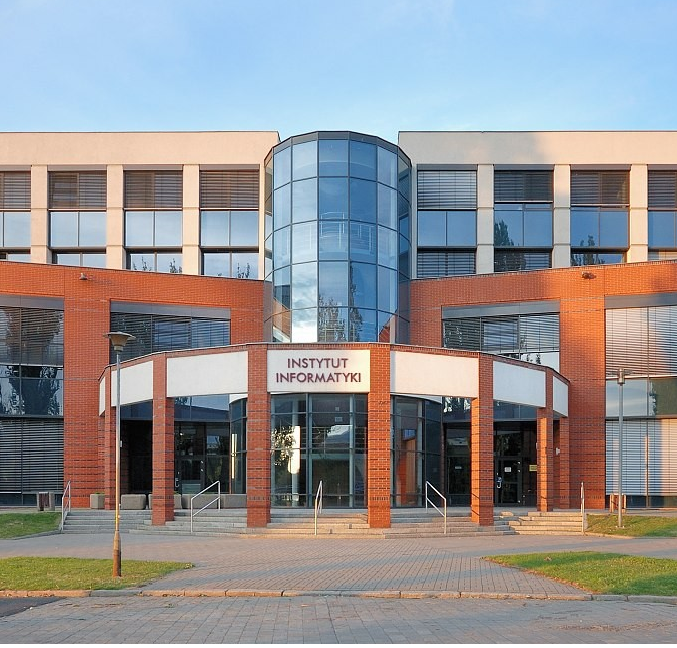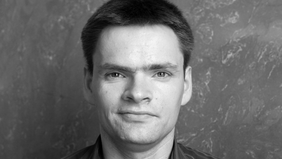Chronological review
• In spring 2014 a few Polish research institutions (universities and establishments of the Polish Academy of Sciences) started to discuss deepening cooperation in the area of digital humanities in Poland.
• Concurrently, entities interested in such cooperation verified how successful digital humanities projects in Poland had been up to that date. A specially designed survey carried out among institutions participating in formation of DARIAH-PL Consortium made it possible to prepare a list of almost 80 current or recent projects which not only significantly increase the competitiveness of the Polish humanities but also lay the ground for some new very interesting projects; a list of current projects being conducted at the University of Warsaw is available here www.uw.edu.pl/wp-content/uploads/2014/08/Wykaz_projektow_-UW.pdf
• On 18 August 2014 an agreement to form DARIAH-PL Consortium was concluded. The most important objective of DARIAH-PL is to introduce Poland to the European network of DARIAH ERIC (DigitalResearch Infrastructure for the Arts and Humanities) as well as to deepen and develop cooperation between centres which conduct digital humanities projects and have infrastructure for this purpose. The Consortium was formed by 13 institutions and the University of Warsaw became its leader.
• On 27.11.2014 the University of Warsaw in cooperation with the Ministry of Science and Higher Education held the 1st International Conference of Digital Humanities – DARIAH-PL Modern technologies in humanistic research. 120 persons from Polish and foreign research centres: universities, research institutions, research foundations as well as government institutions attended the Conference.
• Further, as soon as the consortium was formed, the University of Warsaw as its coordinator applied for Poland’s accession to the network of DARIAH (ERIC). In the first weeks of February 2015 the Ministry of Science and Higher Education took steps aimed at incorporating DARIAH-PL consortium into the European network of DARIAH-ERIC. The Council of the National Programme for the Development of Humanities approved the Polish application and proposals for the consortium’s activities to focus on developing current research infrastructure and creating a new one, which is used in particular to conduct international projects. The Council of Ministers at its meeting on 30 June 2015 consented to incorporating DARIAH-PL consortium into DARIAH-ERIC European infrastructure.
• Since its formation the consortium has been enlarged twice: on 30 January 2015 the Nicolaus Copernicus University, University of Wrocław and Tadeusz Manteuffel Institute of History of the Polish Academy of Sciences were admitted and on 10 April 2015 – Adam Mickiewicz University and Institute of Art of the Polish Academy of Sciences.
• The consortium members contact each other on day-to-day basis and work on a research programme and facilitating their cooperation.
DARIAH – PL Consortium
• Currently the consortium comprises 18 leading digital humanities research institutions: the University of Warsaw (Consortium Coordinator), Academy of Fine Arts in Warsaw, National Library, Institute of Literary Research of the Polish Academy of Sciences, Institute of Bioorganic Chemistry of the Polish Academy of Sciences – Poznan Supercomputing and Networking Centre, Tadeusz Manteuffel Institute of History of the Polish Academy of Sciences, Institute of the Polish Language at the Polish Academy of Sciences, Institute of Computer Science of the Polish Academy of Sciences, Institute of Slavic Studies of the Polish Academy of Sciences, Institute of Art of the Polish Academy of Sciences, Wrocław University of Technology, Adam Mickiewicz University in Poznań, Jagiellonian University, Maria Curie-Skłodowska University in Lublin, Nicolaus Copernicus University in Toruń, Pedagogical University in Cracow, University of Silesia and University of Wrocław.
• The Consortium operates pursuant the Consortium Agreement and the Rules and Regulations of the Board. The main decision-making body of the consortium is the Board headed by Professor Aleksander Bursche, Ph.D. (Institute of Archaeology of the Warsaw University).
• Besides the German consortium, the Polish consortium is the largest national agreement of the European network. Further, it is the largest research consortium in the history of Polish humanities.
• The consortium and working groups acting within its structures will actively pursue projects financed for example from the EU structural funds for 2014-2020 (including under Operational Programme Digital Poland) and from the Framework Programme of the EU Horizon 2020.
Network of DARIAH – ERIC (www.dariah.eu)
The Digital Research Infrastructure for the Arts and Humanities(DARIAH) is a platform (network) for exchanging knowledge, methods and research infrastructure in the humanities and the arts. Its strategic objective is to make long-term access to mutually developed digital tools and research data in the field of the humanities and the arts easier. DARIAH is an open platform combining resources, initiatives and research infrastructure of the European countries which are its members. DARIAH’s strategy is based on combining national, regional and local activities in order to form mutual, complementary infrastructure.
The beginnings of DARIAH date back to 2008 and since 2010 efforts had been made to convert the consortium in ERIC which has been successfully accomplished in August 2014. At that time under the decision of the European Commission (No. 2014/526/EU) DARIAH-ERIC was formed and has been operating pursuant to the Statutes of July 2014.
DARIAH-ERIC comprises fifteen founding-members (Austria, Belgium, Croatia, Cyprus, Denmark, France, Greece, the Netherlands, Ireland, Luxembourg, Malta, Germany, Serbia, Slovenia, Italy). The consortia of each country comprise the most important European institutions which develop research infrastructure for the humanities and the arts.






